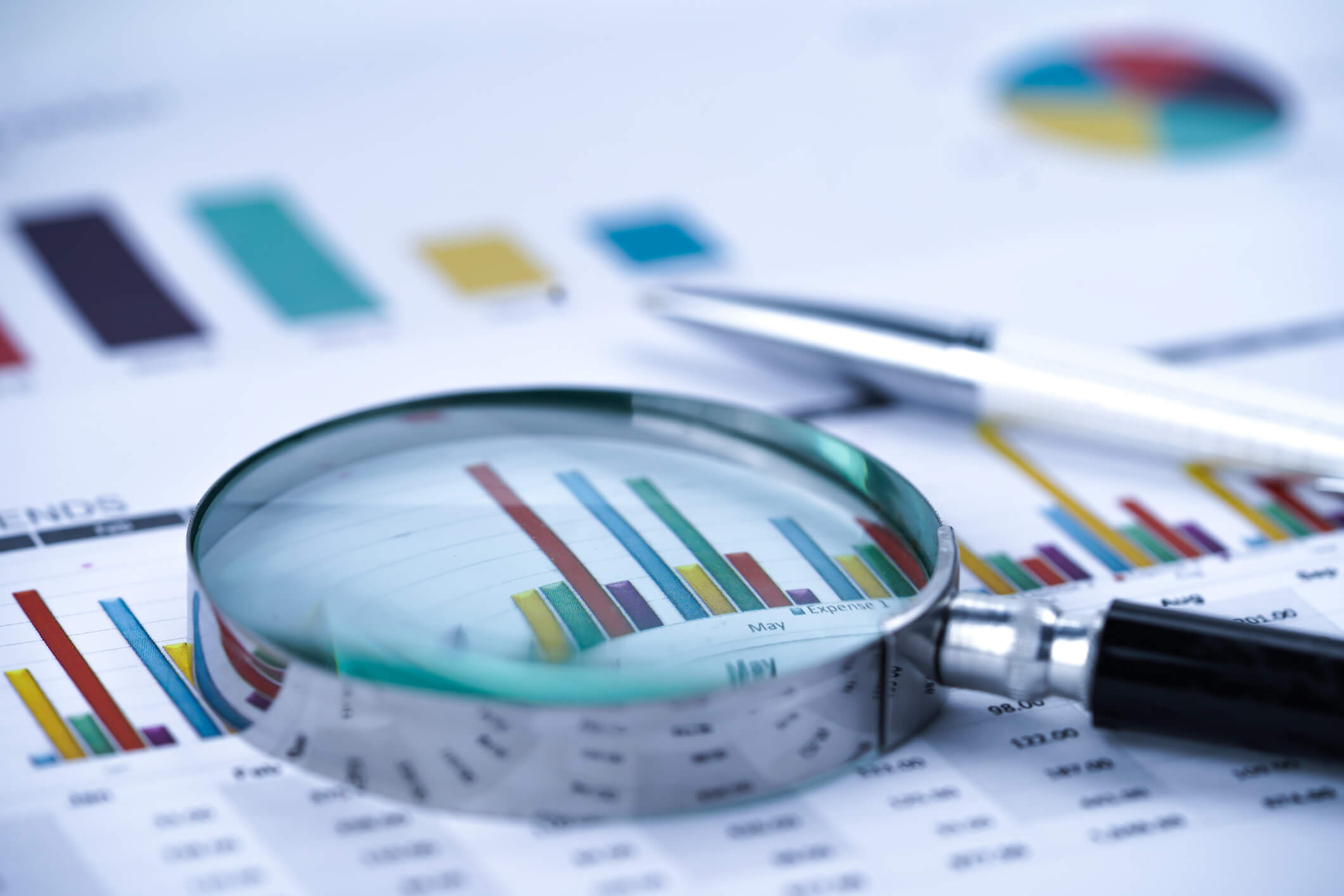If you pursue an economics and finance degree, you will take classes in business analysis, statistics, accounting, and micro and macroeconomics.
To gain a more well-rounded education, you will study international business, applying economics to specific industries, business foundations, financial reporting, management accounting, risk management, and taxation, and some comprehensive courses on history, psychology, and global literature.
So, why is economics important? Furthermore, what role does scarcity play in economics? Food, shelter, clothing, transportation, healthcare, and entertainment are key things we consume to answer these questions.
We must all decide how we spend our resources throughout our lives. Should you buy a new car or relocate to a new apartment? Our budget may not always be sufficient to meet all our needs, resulting in scarcity in the form of capital constraints. Then, economics and finance attempt to address this constraint by assisting us in determining the optimum financial path.

Rather than merely examining graphs, looking at statistics, and forecasting growth, our programmers use economics, finance, and accounting ideas to motivate you to follow your passions and help you understand your strengths and possible future.
Economics is the broader discipline that deals with how goods and services are created, distributed, and sold. It also analyzes regional and global economies or markets and examines behavior (e.g., what they buy, why, and where they buy from).
Finance is more specific and mainly deals with financial systems. It examines banking institutions and policies, credits, investments, savings, and the creation and management of money.
Studying economics and finance is an excellent option for various reasons, from the occupations you will be qualified for to your income. With such a degree, you will get skills that may be used in both economy-related and non-economic occupations.
Possibilities for employment
An economics degree can help you find work in a variety of disciplines, including:
- Economist
- Data analyst
- Accountant
- Investment analyst
- Economic researcher
- Financial consultant
- Financial risk analyst
- Financial planner
Large range of skills
Through the different courses we mentioned before, an economics degree will equip you with a variety of soft and hard skills:
- Statistical analysis skills
- Mathematical skills
- Communication skills
- Research skills
- Knowledge of economic concepts
- Information Communication Technology (ICT) skills
- Critical-thinking skills
- Leadership & management skills

International perspective
If you study economics, you will not be limited to studying the economy of one set of people, one corporation, or one nation. Instead, you will get an international perspective and a deeper understanding of the financial challenges that individuals in other countries face. This implies that you will be well-equipped to broaden the scope of your job beyond your current boundaries.
Transferable skills
What can you do with a degree in economics if none of the following careers appeal to you?
Many of the abilities we discussed are transferable to other disciplines and are not exclusive to the economics department. Communication, management, leadership, critical thinking, and research skills—all of these and more—can be helpful in industries including IT, journalism, law, business intelligence, human resource management, market research, and public relations.

Job prospects
According to the Bureau of Labor Statistics, an economics degree is especially beneficial because of the career prospects connected with this sector. According to reports, economists’ employment is expected to expand by 13% over the next decade, much higher than the average for all occupations. From 2020 through 2030, there are estimated to be roughly 1,600 new job vacancies for economists.
High salaries
Economists in the United States earn an average of $108,911 a year. Your pay is determined by your years of experience, the firm you work for, and your position. Still, the lowest annual compensation for this occupation is expected to be $64,373, with the highest income reaching $184,265.
The essential point is that economics is a practical, engaging, and transferrable degree. Following this path is a sensible decision, but you will only be successful if you are enthusiastic about the courses involved. So, if what we mentioned throughout the article interests you, it might be time for you to get into economics and help the economy beyond the money you spend shopping. About Complete Controller® – America’s Bookkeeping Experts Complete Controller is the Nation’s Leader in virtual bookkeeping, providing service to businesses and households alike. Utilizing Complete Controller’s technology, clients gain access to a cloud platform where their QuickBooks™️ file, critical financial documents, and back-office tools are hosted in an efficient SSO environment. Complete Controller’s team of certified US-based accounting professionals provide bookkeeping, record storage, performance reporting, and controller services including training, cash-flow management, budgeting and forecasting, process and controls advisement, and bill-pay. With flat-rate service plans, Complete Controller is the most cost-effective expert accounting solution for business, family-office, trusts, and households of any size or complexity.
About Complete Controller® – America’s Bookkeeping Experts Complete Controller is the Nation’s Leader in virtual bookkeeping, providing service to businesses and households alike. Utilizing Complete Controller’s technology, clients gain access to a cloud platform where their QuickBooks™️ file, critical financial documents, and back-office tools are hosted in an efficient SSO environment. Complete Controller’s team of certified US-based accounting professionals provide bookkeeping, record storage, performance reporting, and controller services including training, cash-flow management, budgeting and forecasting, process and controls advisement, and bill-pay. With flat-rate service plans, Complete Controller is the most cost-effective expert accounting solution for business, family-office, trusts, and households of any size or complexity.




